What Are Plastic-Coated Composite Steel Pipes?
Plastic-coated composite steel pipes feature a steel core coated with a durable plastic layer on the inner and outer surfaces. This innovative design eliminates the rust, scaling, and pollution issues common in traditional steel pipes while addressing the low strength and deformation problems of plastic pipes.
Plastic-coated steel pipes
Steel-plastic composite pipes
Corrosion-resistant steel pipes
With sizes ranging from DN15 to DN300, these pipes cater to diverse industrial and commercial needs, offering solutions for projects requiring strength, flexibility, and chemical resistance.
Plastic-coated composite steel pipes are also called plastic-coated steel pipes. Plastic-coated steel pipes are based on steel pipes and use plastic powder as the coating material. The inner surface is melt-coated with a plastic layer, and the outer surface is coated with a plastic layer. Or steel-plastic composite products with anti-corrosion layer of other materials. This product is a newly developed new type of pipeline material. It adopts a composite structure of reinforced welded steel pipes or seamless pressure-bearing steel pipes with a plastic coating inside and outside, which overcomes the easy rust, corrosion and high pollution of the steel pipe itself. , And the defects of low strength and easy deformation of plastic pipes, it integrates the common advantages of steel pipes and plastic products. Plastic-coated steel pipes not only have the advantages of high strength, easy connection, and resistance to water impact, but also overcome the corrosion of steel pipes when exposed to water. , Pollution, scaling, low strength of plastic pipes, poor fire-fighting performance and other shortcomings, the design life can be up to 50 years. The main disadvantage is that it is not allowed to be bent during installation, and when thermal processing and electric welding cutting are performed, the cutting surface should be brushed with the non-toxic normal temperature curing glue provided by the manufacturer. The main specifications are DN15-DN300.
Why Choose Plastic-Coated Composite Steel Pipes?
The unique blend of steel strength and plastic versatility makes these pipes a preferred choice for industries seeking cost-effective and sustainable solutions. Their ability to perform under extreme conditions, combined with a lifespan of up to 50 years, ensures long-term value for projects ranging from infrastructure to industrial processing.
Steel pipes with long lifespan for industrial projects
Advantages of steel-plastic composite technology
The plastic-coated steel pipe is a red modified epoxy resin powder coated inside and outside the pipe. It takes steel pipe as the base pipe, and adopts sandblasting chemical double pretreatment, preheating, internal and external coating, curing, post-treatment and other processes to produce a new type of pipe. The rust and scaling problems of the buried galvanized steel pipe and the water delivery are dealt with, and the signs of suffocation and spraying of the pipeline will not occur, and the service life of the fire water supply pipeline is improved.
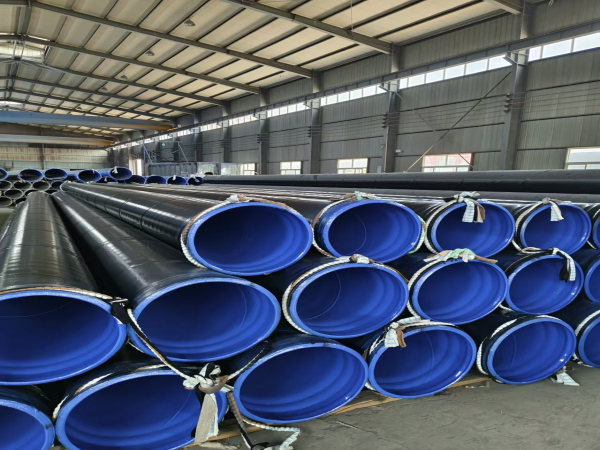
Choosing the Right Plastic-Coated Composite Steel Pipe
When selecting these pipes, consider factors such as:
Diameter and Specifications: Available in sizes ranging from DN15 to DN300, ensuring compatibility with different applications.
Environmental Conditions: Use specialized coatings for harsh environments, such as polyethylene for soil or weather resistance.
Installation Requirements: Avoid bending during installation and ensure proper treatment of cutting surfaces with manufacturer-recommended adhesives.
By carefully evaluating these factors, you can maximize the performance and longevity of your plastic-coated steel pipes.
In order to beautify the city, create a common path, eliminate the maintenance workload of overhead lines, and improve the robustness of power supply. The method of laying through pipes has been widely accepted over the years. The use of plastic-coated steel pipes for laying cables is simple in construction and convenient for maintenance. Plastic-coated steel pipes used for cable maintenance pipes have many advantages such as good rigid performance, high compressive strength, and good corrosion resistance. The use of weather-resistant or soil environment-specific polyethylene powder with wear-resistant factors as the outer anti-corrosion coating, and the inner coating of strong rubber polyethylene consumes plastic-coated steel pipe cable maintenance pipes. It is a quality upgrade product of traditional cable maintenance pipes
The plastic-coated steel pipe has good overall performance, and can probably play a very good protective and anti-aging effect on cables and optical cables. It is especially suitable for use under shallow buried roads, bridges and rivers, exposed, and tight corrosion.
Advantages of Plastic-Coated Composite Steel Pipes
1. Enhanced Corrosion Resistance
The plastic coating prevents exposure to water and chemicals, extending the pipe's lifespan while reducing maintenance needs.
2. High Strength and Durability
The steel core provides superior structural integrity, enabling the pipes to handle high pressures and resist deformation.
3. Pollution and Scaling Prevention
Unlike traditional steel pipes, the coated surface prevents scaling, ensuring clean and efficient fluid flow over time.
4. Fire-Resistant Properties
Plastic-coated steel pipes perform well under high temperatures, making them ideal for fire protection systems.
5. Longevity and Cost-Effectiveness
These pipes have a design life of up to 50 years, offering long-term value for infrastructure projects.
Key Specifications and Installation Considerations
Specifications:
Size Range: DN15–DN300, suitable for various applications.
Coating Material: Typically, polyethylene or epoxy resin, offering superior resistance to wear and corrosion.
Installation Tips:
Avoid bending during installation to maintain coating integrity.
Use manufacturer-recommended adhesives for sealing cut surfaces after welding or cutting.








 English
English Español
Español بالعربية
بالعربية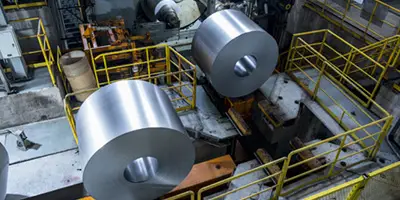

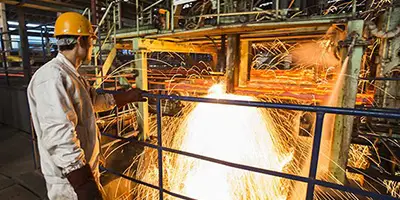
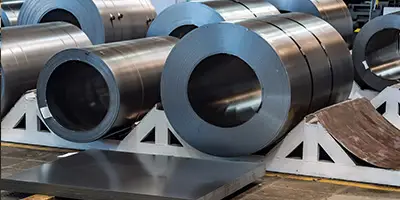

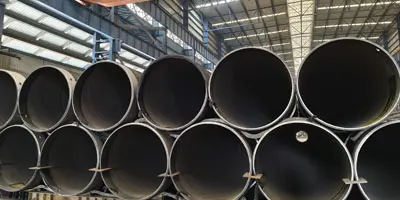
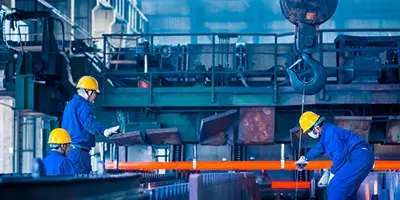
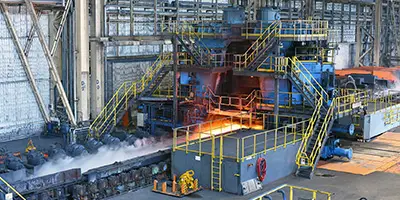
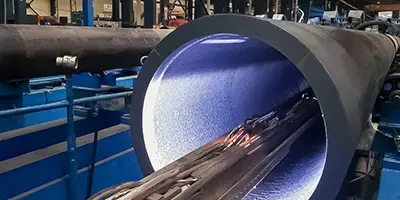
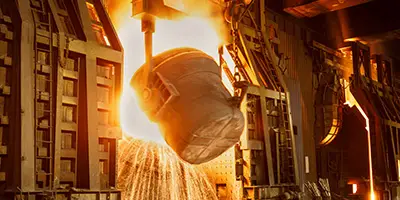
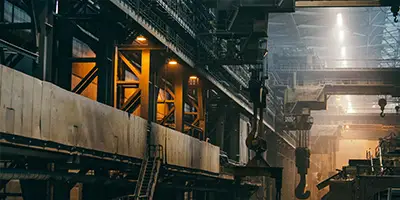

 Phone :
Phone :  Whatsapp :
Whatsapp :  Email :
Email : 


